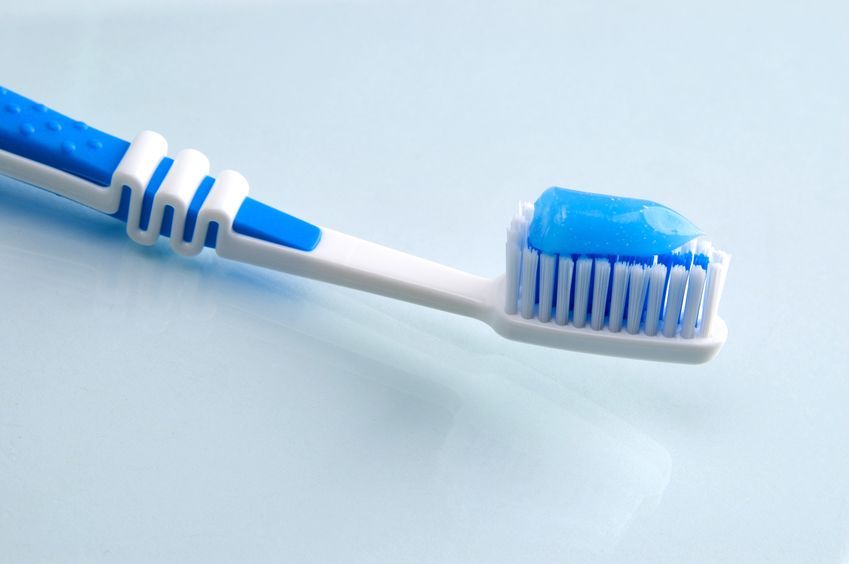The Main Pros and Cons of Using Toothpaste and Mouthwash with Fluoride
- By Mary Marks
- •
- 08 Sep, 2020
- •

Fluoride has been used for a long time as part of various
products designed for improving dental health. Examining the main advantages
and drawbacks of fluoride should be on the list of the main things to research
for anyone who wants to have cavity-free teeth. Talking with your oral sedation dentistry Highlands Ranch about fluoride treatments
and the benefits will help you to brush twice daily.
Here are the main pros:
· The correct use of fluoride-based oral health products can prevent tartre and plaque.
· It can help keep your teeth cleaner and whiter in the long run.
· You’ll find it can also promote stronger teeth by assisting with calcium retention.
But what are the disadvantages of using fluoride-based paste or mouthwash? Let’s take a look in the following:
· If ingested, fluoride can actually be poisonous, especially when used in large quantities.
· It’s not recommended in the case of young children who are prone to disorders such as fluorosis, which can appear as a result of using fluoride-based products.
As you can see, there are plenty of issues and benefits. However, most scientific findings consider fluoride to be a great asset when it comes to dental health and continue to recommend that people use products based on fluoride, if they don’t want to end up at the dentist’s office on a regular basis.





Although oral sedation dentistry Highlands Ranch is one of the optionsavailable for managing anxiety and discomfort during oral surgery, you certainly do not need to use it all the time. As a matter of fact, the exact type of sedation or anesthesia that you receive during oral procedures may depend on various factors, such as the complexity of the procedure, your medical problems, as well as your doctor’s preferences.
There can be several different levels of sedation that can be used in oral surgery. Local anesthesia is one of them. This involves injecting anesthetic medication into the specific area where the surgery will take place. It numbs the area and is often used for less invasive procedures.
Oral sedation involves taking medication in the form of a pill to induce a state of relaxation and drowsiness. The patient is still conscious, but he/she may not be fully aware of the procedure. At any rate, sedation helps him/her get rid of anxiety.
In the case of intravenous sedation, medication is administered through a vein, which induces a deeper state of sedation than oral sedation. Patients may still be conscious, but they are less aware of their surroundings and may not remember the procedure.





